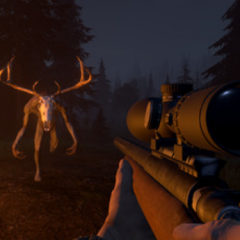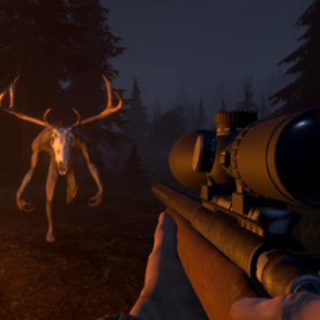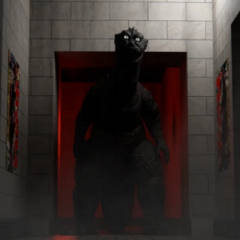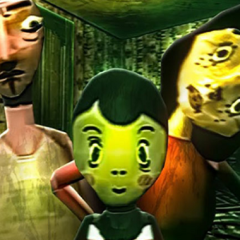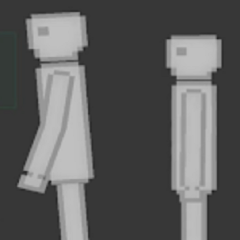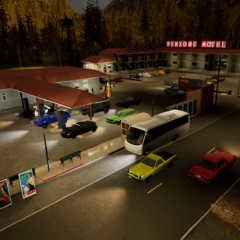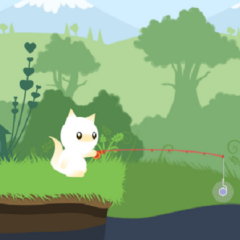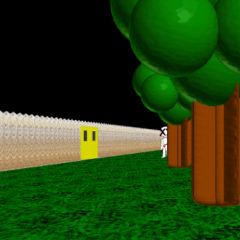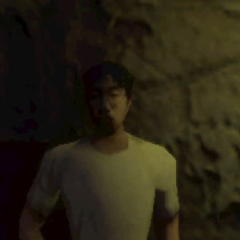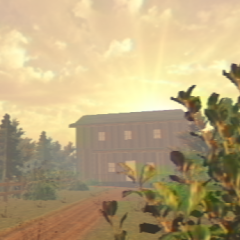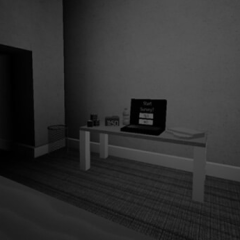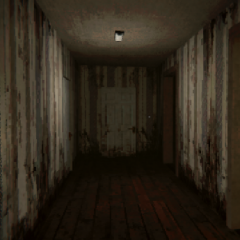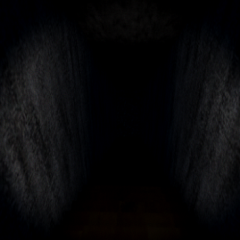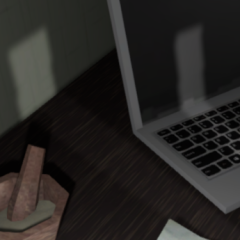In Skinwalker, you’re dropped into a wilderness that feels familiar, but not quite right. A remote location, a quiet night, a fire slowly dying in the dark. It begins slowly—too slowly. You start to feel it in the pacing of your own breathing. This is not an action game. It’s a slow disintegration of trust.
Because soon, someone will call your name from the edge of the clearing. And they will sound exactly like your sister. The one you left in the cabin five minutes ago.
The Fear Is in the Familiar
Skinwalker is built around the concept of doubt. Not just about the creature hunting you, but about yourself. The game shows you things you recognize—then corrupts them. You walk into a room that feels identical to one you left. But the photos are wrong. The clock ticks backward. A recording plays that you don’t remember making.
It’s subtle psychological erosion. And it’s terrifying.
Non-Linear Horror Done Right
Rather than feeding you a clear objective, Skinwalker gives you space. Space to explore, to observe, and to be misled. You might find a locked basement. Or a second version of a journal you already read. Or a version of yourself standing in a reflection that isn’t yours.
Your path through the game becomes fractured, layered, and intensely personal. There are multiple ways forward, and most of them feel wrong. That’s the point.
You Know How This Ends—But Not When
The tension is masterful. At no point do you feel safe, yet the game never forces you into panic. It waits. And when it acts, it’s subtle: a blink of a figure across the screen, a voice behind your left ear, or a memory you didn’t know was fake.
You’re not trying to kill the creature. You’re trying not to become it. Good luck.

